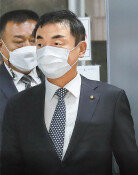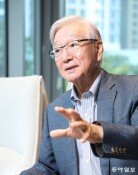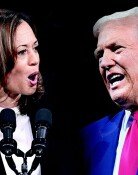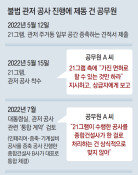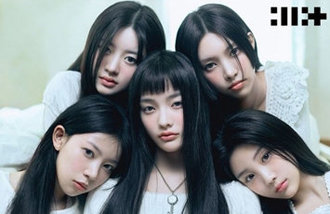Han, Lee should put heads together to address healthcare gap
Han, Lee should put heads together to address healthcare gap
Posted August. 28, 2024 07:32,
Updated August. 28, 2024 07:32
From abolishing or alleviating financial investment income tax and reducing comprehensive real estate holding tax to reinstating the electoral district system, these are the policy issues recently brought up by Han Dong-hoon from the ruling People Power Party (PPP) and Lee Jae-myung from the opposition Democratic Party of Korea. The two seem to see eye to eye quite a bit. Maybe that's because the two leaders share common interests as potential presidential runners: winning the hearts of the youth who dream of increasing their wealth through financial investments, addressing significant tax burdens of middle-class households in Seoul and nearby Gyeonggi Province, which are heavily complained about and securing a robust pipeline of emerging politicians who can become their strong supporters in the next presidential election. Whatever the reason, the consensus among political insiders is that these policies are likely to move forward due to the political influence and determination of these two powerful presidential hopefuls.
However, there is one issue the two have yet to collaborate on addressing: the urgent medical care vacuum. A recent runaround incident, where Kim Jong-in, the PPP's former emergency planning committee chairman, suffered a severe delay in being transferred to an ER, made headlines. He reportedly called 22 emergency rooms to treat a cut on his forehead after a fall, but all ERs refused to treat him. Some politicians pointed out that the incident reflects the worsening healthcare gap, just six months after the government announced its policy to increase medical school admissions. Concerns are mounting even higher among the general public. Some citizens fear that suddenly getting injured or suffering pain these days could mean the end.
Fortunately, the leaders of Korea's two major parties seem to have started taking action as the issue of the medical service vacuum looms larger. Han privately met with the leader of the medical trainees' group. He also conveyed a mediation proposal to the Presidential Office to postpone the planned increase in medical school admissions to 2026 from 2024. While this proposal was not accepted due to the Presidential Office’s adherence to principles, Han's move to make that recommendation is evaluated as a significant first step toward resolving the issue.
Meanwhile, Lee, currently hospitalized due to COVID-19, directly ordered the composition of a special response committee on the healthcare crisis, contrasting his previous silent stance on the matter. One source from the Democratic Party of Korea noted that Lee may feel the issue more closely as he is hospitalized for treatment.
Regardless of the two leaders' circumstances, people are starting to watch closely the role the two party leaders are taking to address this looming medical care fiasco. Citizens have been frustrated by the current standoff between the government and the medical community, Hand and Lee refusing to settle a middle ground as if to win by holding back.
Han and Lee are finally preparing to have a ruling-opposition party meeting. One political figure noted that exhibiting their problem-solving capability in a time of crisis is the duty imposed on future political leaders. Touching upon the agenda of the medical service gap at the upcoming meeting may not be optional but mandatory, for the two have framed this meeting around the theme of ‘restoring people’s livelihoods.’ No one expects an instant cure-all solution in a single meeting. However, if the conversation between the two at least gives the Presidential Office something to seriously consider, that alone could be considered an achievement.
Headline News
- N. Korea reveals HEU production facility for the first time
- Kimpo Airport suffers another Leak, just two weeks after repairs
- Court: First Lady’s brokerage accounts used for stock price manipulation
- Trump’s lies about immigrants eating dogs instigate bomb threat
- India’s first major leaguer Roker puts on ‘7K show’ in debut



